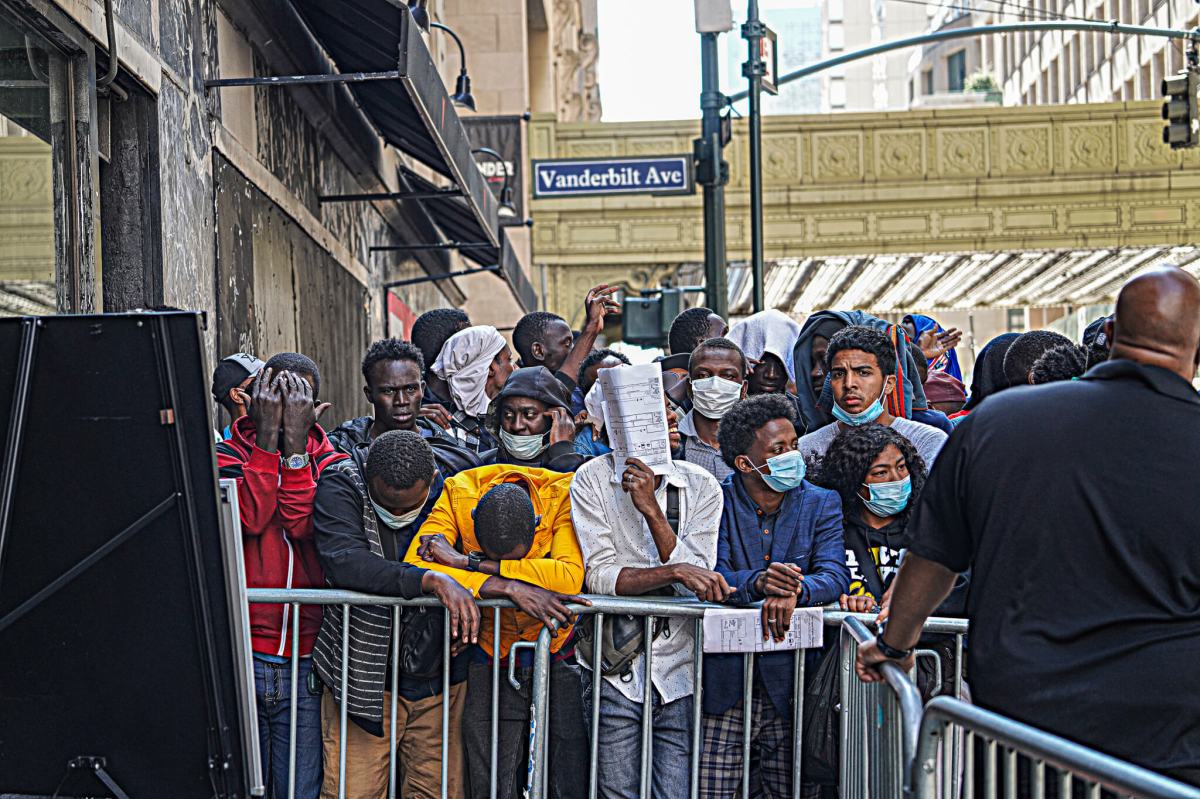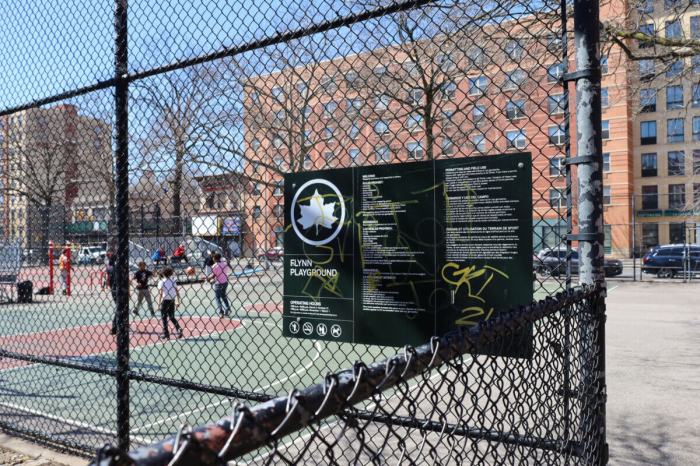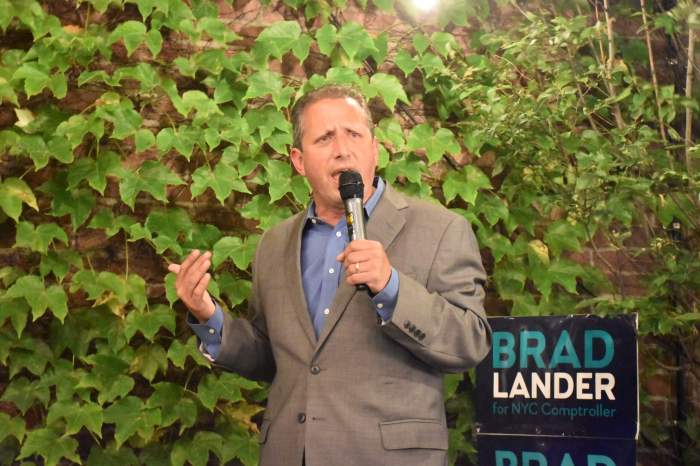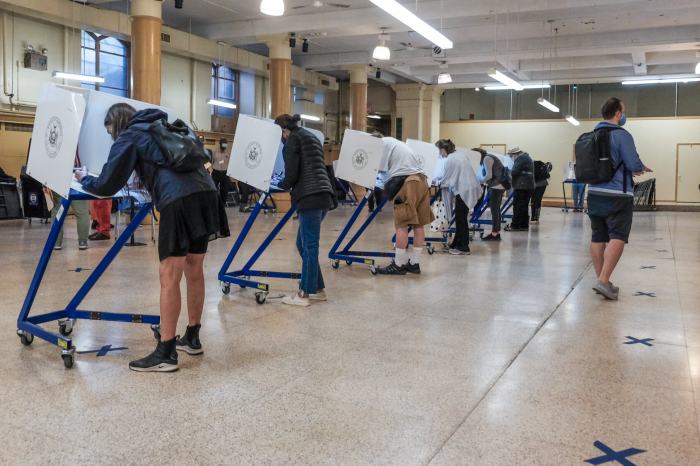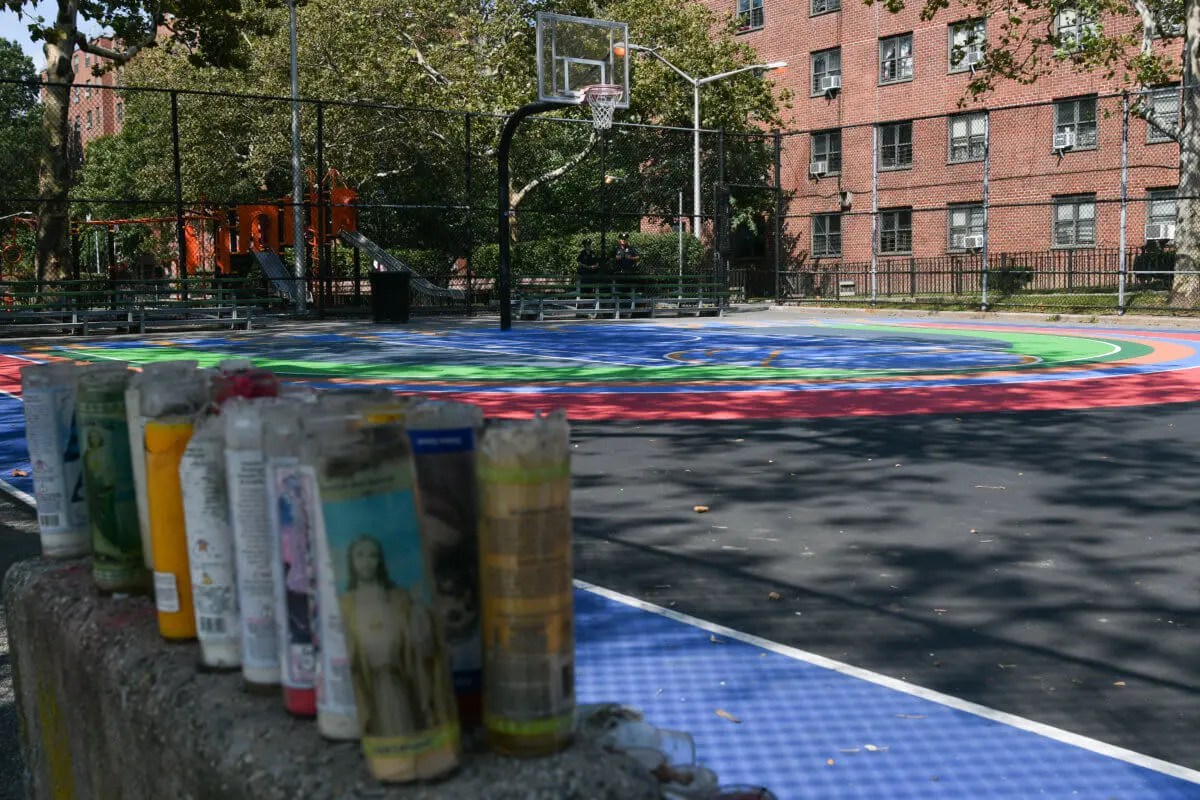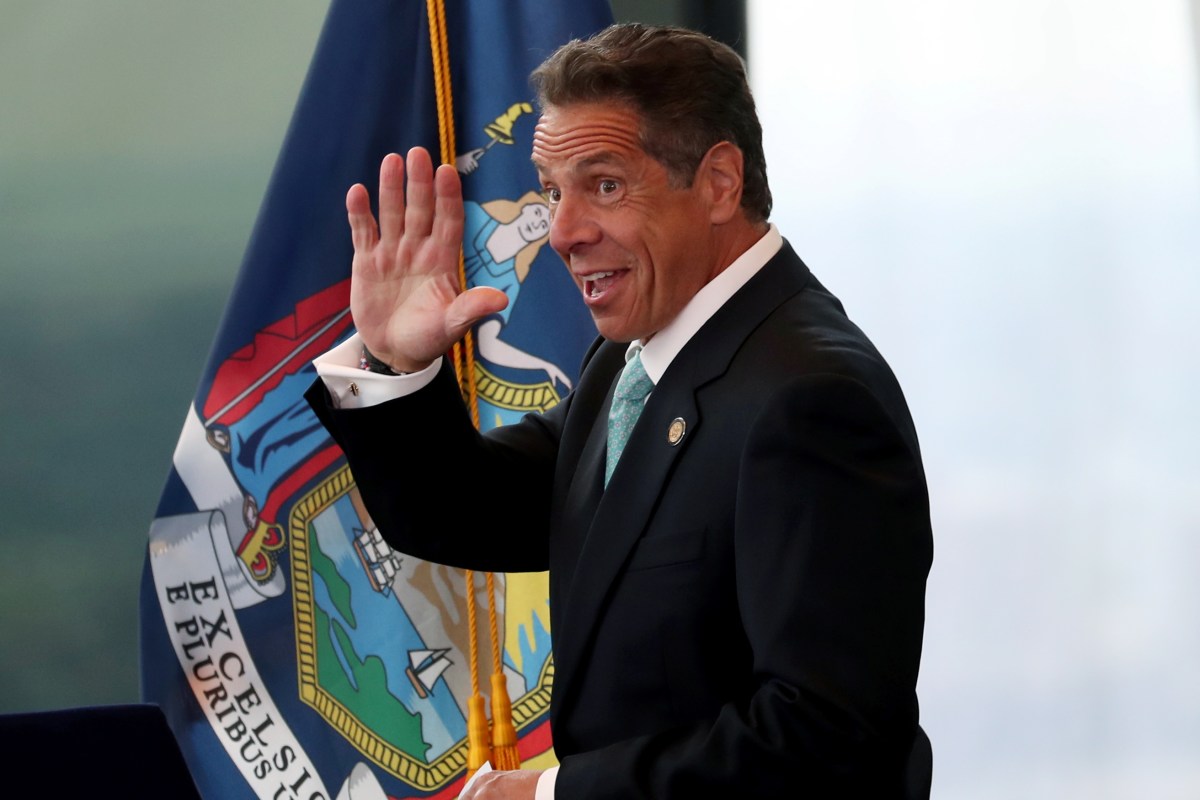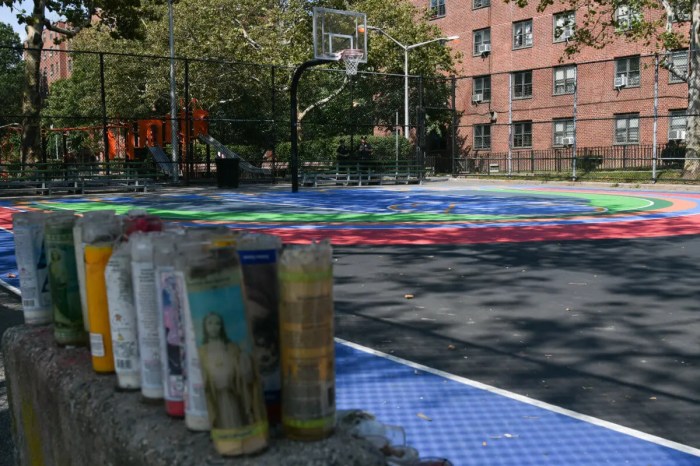The migrant crisis has already cost New York City billions of dollars, and state Comptroller Tom DiNapoli says billions more will be spent to provide asylum-seeker assistances over the next several years.
An in-depth study that DiNapoli’s office released this week revealed the eye-popping fiscal burden being shouldered by taxpayers to deal with the influx of migrants.
“New York City and state are facing substantial costs for helping people seeking refuge in this country and needing assistance with their basic needs,” said DiNapoli.
New York City, which has taken a disproportionate amount of arrivals since the crisis began 18 months ago, has spent over $1.89 billion to aid migrants — including housing, healthcare, and other necessities.
Mostly crossing the southern border to seek asylum from Latin America countries, more than 122,700 migrants have turned up in the Big Apple in recent months — a situation that has caused significant logistical headaches and humanitarian woes, along with the considerable financial tab.
The ongoing crisis is expected to cost over $10 billion in additional funds from the city over the next two years, according to DiNapoli, who pleaded with the federal government to shoulder more of the burden.
“My office has launched a new tool to provide transparency on this emergency spending and show why additional funding and logistical support is needed from the federal government,” he said.
The city’s Department of Homeless Services has spent more than any other agency thus far, with a $883 million tab between July 2022 and September 2023.
Meanwhile, the state government has spent $316.2 million over that timeframe, with another $1.5 billion in planned spending over the next two fiscal years.
Debating the ‘right-to-shelter’
With 65,000 migrants currently in the city’s shelter system, and more migrants expected to arrive in the coming months, Mayor Eric Adams’ administration has taken significant steps to reduce the burden on the city government — including seeking to modify the “right-to-shelter” law from 1981 that guarantees housing for homeless people in New York.
In the first major step towards scaling back that guarantee, the city will no longer ensure beds for single adults after a 30-day period, and families after 60 days at any given migrant shelter.
Adams is fighting for further modifications to the right-to-shelter law, including seeking the ability to suspend the rule altogether during “states of emergency,” which has led to a legal battle currently playing out between the government and activists with the Legal Aid Society.
“With more than 122,700 asylum seekers having come through our intake system since the spring of 2022, and projected costs of over $12 billion for three years, it is abundantly clear that the status quo cannot continue,” Hizzoner said in a statement earlier this week.
The right-to-shelter “was never intended to apply to the extraordinary circumstances our city faces today,” Adams said.
For their part, the Legal Aid Society, which is seeking to stop any erosion of the law, blasted Adams’ attempts to scale back the guarantee of housing.
“This is the city’s most significant and damaging attempt to retreat on its legal and moral obligation to provide safe and decent shelter for people without homes since that right was established 42 years ago ,” the organization said in a statement.
Curtailing the right-to-shelter law would give relief to the city government, which has taken to utilizing public spaces across the five boroughs to erect large-scale shelters for temporary housing.
Making the situation worse, the FDNY recently shut down five migrant shelters, which had capacity for hundreds of asylum seekers, over fire-code violations.
Adams’ administration has also established a new program to give migrants a one-way ticket out of town — offering them a free trip to go anywhere else in the world. The program is necessary, according to the mayor, as the Big Apple’s shelter system has reached capacity, and migrants could be left on the streets this winter.
To see Comptroller Tom DiNapoli’s full breakdown of the financial impact of the migrant crisis, click here.
Read more: NYC Council Passes New Laws to Boost Affordable Housing



